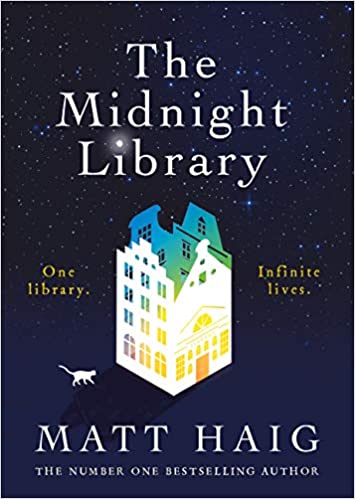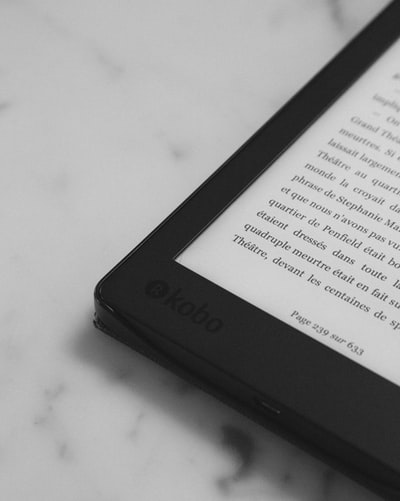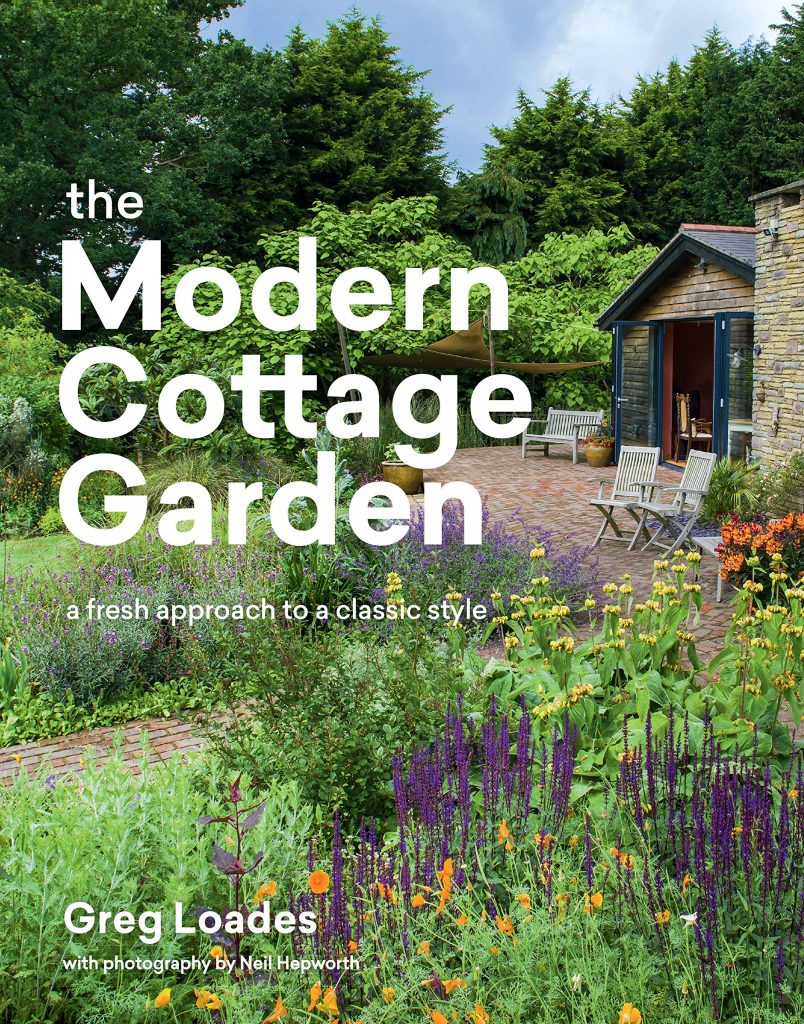 Picture yourself in this scenario: you hear about a book (maybe you see it on prominent display at a bookstore, or it’s topping the bestseller lists, or Reese Witherspoon picks it for her book club). You think, “that sounds like something I’d enjoy”. You join the waitlist at the library and you’re 95 people deep. Then, months later, you finally get to read the book and you think to yourself, “…that’s it?” (Infomercial voice) Has this ever happened to you? If so, you may have found yourself the victim of hype. Don’t worry, it’s a place we all find ourselves now and again—and some of us (cough me) find ourselves there repeatedly, all year long!
Picture yourself in this scenario: you hear about a book (maybe you see it on prominent display at a bookstore, or it’s topping the bestseller lists, or Reese Witherspoon picks it for her book club). You think, “that sounds like something I’d enjoy”. You join the waitlist at the library and you’re 95 people deep. Then, months later, you finally get to read the book and you think to yourself, “…that’s it?” (Infomercial voice) Has this ever happened to you? If so, you may have found yourself the victim of hype. Don’t worry, it’s a place we all find ourselves now and again—and some of us (cough me) find ourselves there repeatedly, all year long!
This post was, of course, inspired by my current read, which is The Midnight Library by Matt Haig—a book that has such a long waitlist at VPL that I’m only reading it now because I got a copy of it for Christmas. At the time of writing this, the book was sold out online at Indigo, no doubt helped by Dolly Parton mentioning that she’s reading it in a New York Times interview from December. The book also has a 4.22 rating on Goodreads, which, on scale of one to five stars, is quite good. I’m headed towards the end of the book, and I have to say: it’s…fine. Like, it’s not bad by any means. But nor is it particularly good? It’s just…fine.
Falling prey to the hype machine is something most avid readers will experience periodically; there’s really no way around it. Hype is a double-edged sword: an excellent word-of-mouth promo tool, but also a bullseye for backlash. When I say “hype”, I don’t mean your friend who fell in love with a book and insists that you read it; I mean the cultural circus that surrounds a book sometimes well before it’s even released to the general public. It’s something that’s built up from the bottom; sometimes a book is a sleeper hit that no one predicted, but most of the time, a book is highly visible on purpose. If a publishing house thinks they have a title that the public will eat up, they really throw their back into that promo. So by the time it reaches our eyes and ears, the hype will have snowballed into something unignorable, forcing that book into your line of vision—you might not even know what the book is about, but you’ve heard it’s supposed to be good! Again, I’m not claiming this as a strictly good or bad thing. One could argue that, with the unprecedented volume of books available, hype can be a lightning rod for readers looking for a little guidance. It shortens the search process. “Here’s a book we think you’ll like”, it says—and truly, don’t we all love to hear that?

